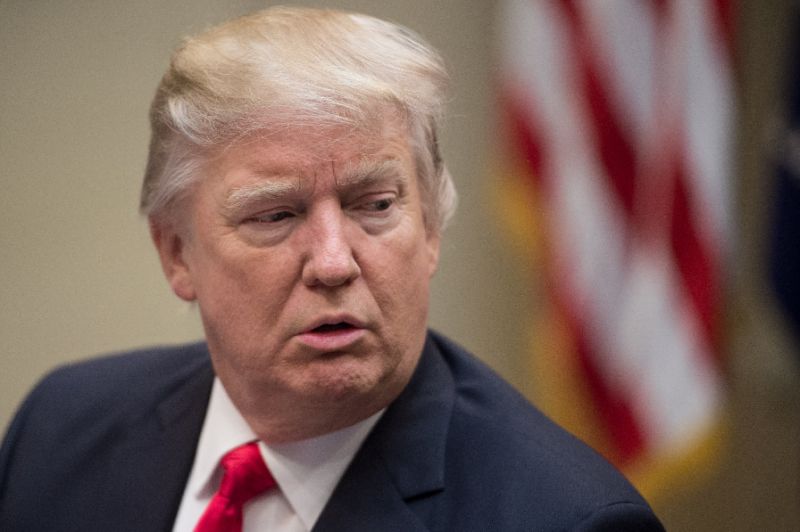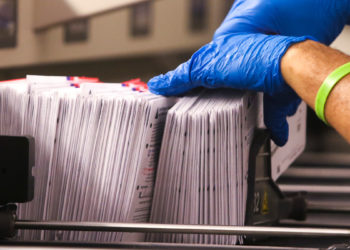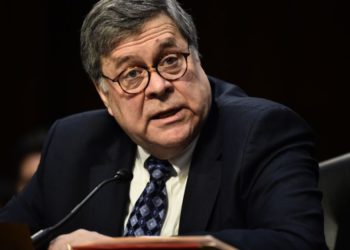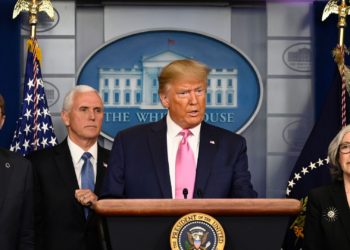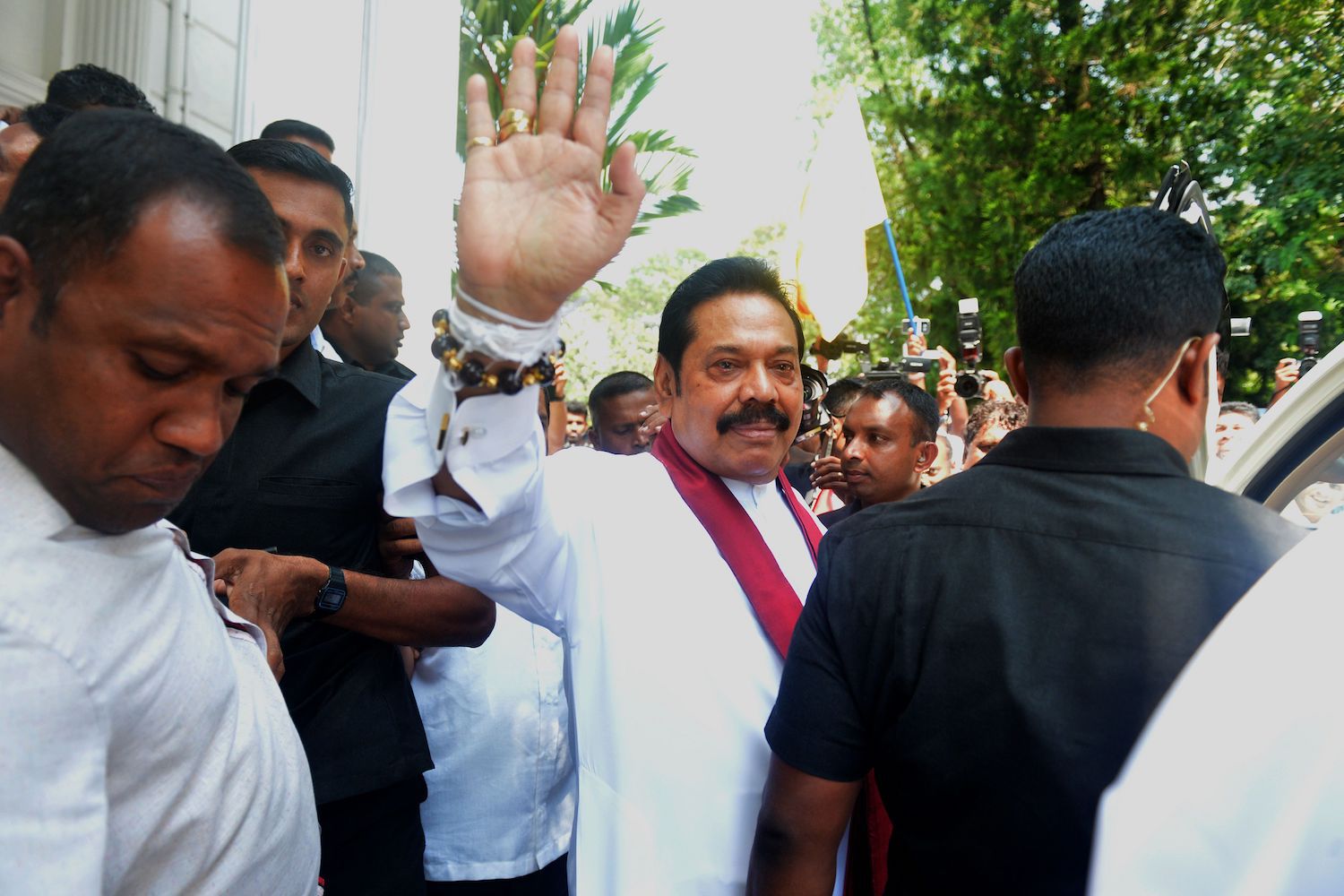Just one day before Tuesday’s midterm elections, President Donald Trump tweeted a warning that law enforcement officials have been “strongly notified” to watch for illegal voting, threatening “maximum criminal penalties” for violators.
The supposed issue of illegal voting and voter fraud has been one the president has spoken about often since being elected in November 2016.
In the wake of that election, Trump falsely claimed that he would have won the popular vote if not for “millions” of illegal immigrants casting ballots, and established a now-defunct “Voter Integrity Commission” to investigate illegal voting.
Despite Trump’s incessant claims about the grave threat that illegal voting poses to our democracy, academic research on the topic shows a broad consensus that the notion that voter fraud has any effect on electoral outcomes is a myth. Voter suppression, however, remains a real and serious threat to American democracy.
Non-Citizen Voting
Just days after being sworn in as president, Trump told lawmakers at a reception that he believed three to five million illegal immigrants voted in the 2016 elections.
Though he didn’t cite any evidence at the time of the statement, the origin of his claim can be traced to a Facebook post from conspiracy theorist Alex Jones of InfoWars.
In November of 2016, Jones posted, “Three million votes in U.S. presidential election were cast by illegal aliens, according to Greg Phillips (sic.) of the VoteFraud.org organization.”
There is no such report from anything called VoteFraud.org. Instead, it appears Jones’ post was in reference to two since-deleted tweets from Phillips, a former GOP operative with no academic credentials in data analysis or research of any kind.
Phillips claimed that his organization, “Vote Stand,” verified that the number of ballots cast by illegal immigrants “exceeds three million.”
Trump responded to Phillips, tweeting in January 2017, “Look forward to seeing final results from VoteStand. Gregg Phillips and crew say at least 3,000,000 votes were illegal. We must do better!”
That report from Vote Stand never came. Since making that claim, Phillips has not released any evidence to support it.
In February 2017, White House advisor Stephen Miller told George Stephanopoulos that 14 percent of illegal immigrants are registered to vote, according to “academic research.”
Miller was referring to a 2014 study from Old Dominion University, which found 14 percent of survey respondents who identified as “non-citizens” said they were registered to vote. The finding was extrapolated by Miller to suggest there are millions of noncitizens lurking in voting rolls across the country.
Stephen Ansolabehere, a Harvard professor who manages the data used by the Old Dominion researchers, adamantly denounced the study, saying the finding was “entirely due to measurement error” and a “dangerous, stray false-fact.”
“We asked people in successive years their citizenship … upon doing so we find no instances of voting among people stating consistently that they are non-citizens,” he explained.
Even Jesse Richman, one of the researchers who authored the Old Dominion study, has said the study does not show what Miller claimed it did.
“There has been a tendency to misread our results as proof of massive voter fraud, which we don’t think they are,” Richman told the Washington Post.
Meanwhile, dozens of other studies have come to the conclusion that illegal voting is virtually non-existent.
A 2014 analysis from researchers at Harvard and the University of Massachusetts Amherst, for example, found that “the likely number of non-citizen voters in recent U.S. elections is 0.”
“the likely number of non-citizen voters in recent U.S. elections is 0.”
Wendy Weiser, the director of the Democracy Program at the Brennan Center for Justice, points out that the idea that non-citizens vote in meaningful numbers makes little sense when you consider the consequences for getting caught.
“If an ineligible person intentionally registers or votes, not only do they risk being recognized, but their name will be on permanent lists of voters for later detection,” she wrote in an op-ed with her colleague, Douglas Keith.
“A non-citizen can be deported for casting a single vote … merely being registered to vote can serve as a basis for denying citizenship.”
Voter Impersonation
Other forms of illegal voting, such as in-person voter fraud, voter impersonation or double voting have also been shown to be exceedingly rare.
A comprehensive study from Justin Levitt of Loyola University Law School found only 31 credible allegations of voter fraud out of more than one billion ballots cast between 2000 and 2014 – or 0.00000003 percent of votes.
After reviewing all relevant academic literature on the issue, the Brennan Center concluded in a 2017 report that “fraud by voters at the polls is vanishingly rare, and does not happen on a scale even close to that necessary to ‘rig’ an election.”
Voter Suppression
Despite the abundance of evidence that illegal voting does not meaningfully impact elections, many states have taken measures ostensibly aimed at cracking down on it. These measures – advertently or inadvertently – can disenfranchise people in vulnerable demographics by making it difficult or impossible for them to vote.
North Carolina legislators passed a law in 2013 gutting early voting opportunities, limiting the number of polling locations and strictly requiring certain kinds of identification to cast ballots.
A federal court later struck down the law, saying it targeted African Americans with “surgical precision.”
Carter Wrenn, a former Republican official described by the Washington Post as a “fixture” in North Carolina politics, told the Post the federal court was right about the bill’s intentions.
“Look, if African Americans voted overwhelmingly Republican, they would have kept early voting right where it was,” Wrenn said. “It wasn’t about discriminating against African Americans. They just ended up in the middle of it because they vote Democrat.”
“It wasn’t about discriminating against African Americans. They just ended up in the middle of it because they vote Democrat.”
Since large segments of the Voting Rights Act were struck down in 2013, similar voting restriction efforts – almost exclusively lead by Republicans – have been passed in many other states.
In that time, Pew Research found that nearly 1,000 polling locations have been closed across the country – disproportionately in Southern, predominantly black communities.
This year alone, 10 counties with large black populations in Georgia closed polling spots after a white elections consultant recommended they do so to save money. Ahead of this year’s midterms, Georgia is caught up in a larger voter suppression controversy as well after an Associated Press investigation revealed state officials were holding registrations and purging voter rolls.
College campuses have also been a target of poll closures. In Florida, a federal court ruled in July that election officials, at the direction of Republican Governor Rick Scott, “reveal[ed] a stark pattern of discrimination” by blocking early voting at college and university campuses.
While voter ID requirements – which exist in 34 states – may seem innocuous, such laws have also been shown to have discriminatory effects.
Studies show that about 11 percent of eligible voters do not have government-issued photo ID. These people are disproportionately people of color, low-income people and college students. Obtaining such ID can be a costly, time consuming and confusing process, creating a barrier to vote.
In North Dakota, a recently passed voter ID law threatens to disenfranchise much of the state’s large Native American population going into the midterms.
The law requires voters to present identification that includes a street address. Many of the state’s Native Americans who live on reservations don’t have a street address and are therefore prevented from voting.
“It’s a genuine effort to suppress the vote,” Clifford Pelter, an elder tribal leader told MSNBC. “We are being considered a threat politically … our votes do count.”
Denied the Right to Vote: Impacts of US Felony Disenfranchisement


